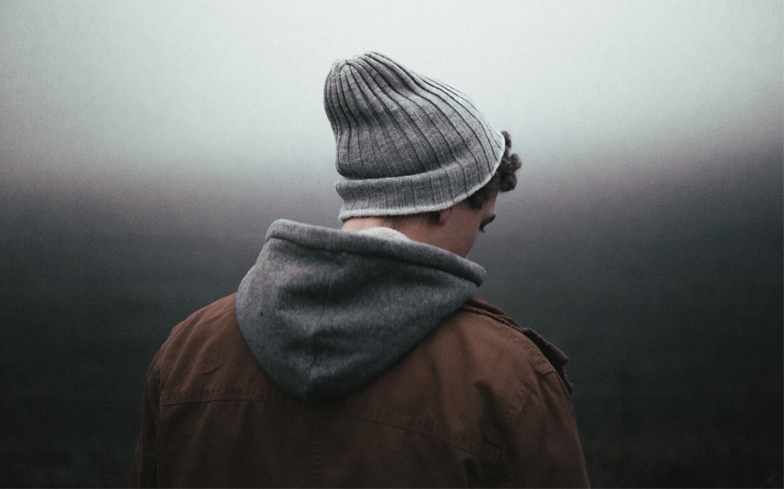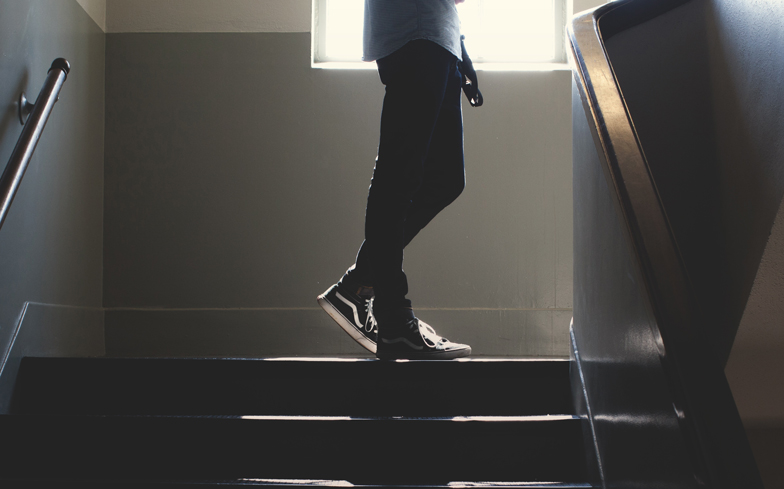
The report asked 1,700 LGBTQ California youths about their lives at home and at school.
A new report released by the Human Rights Campaign (HRC) and the University of Connecticut has found that three out of ten Californian youths are mocked by their families because of their sexuality.
The report, which partnered with nine civil rights and education organisations in preparation, asked 1,700 Californian youths about their home and school life. The youths were aged between 13-17.
Those who said that they had been mocked because of their sexuality, said family members had taunted them over it. Nearly half of the respondents (45%) said that they had heard a family member say something negative about the LGBTQ community.
Coupling these statistics with others in the report, it’s not surprising to hear that only just over a fifth (21%) of respondents were open about their identity with their families, and a further 36% said that they thought the idea of coming out was “stressful.”

Ryan Tauss via unsplash
Reports about their school life don’t offer up better statistics. Only 10% of respondents said their school staff were supportive of the LGBTQ community, and only 32% responded saying they always felt safe in their classroom, with a further 28% said that they had been threatened why physical violence because of their identity.
One respondent said: “In other classes, LGBTQ issues are always met with negativity. If someone is trans, they’re an abomination, and if someone is gay, they’re living in sin because of their lifestyle.”
However a recent GSLEN report goes against this as it reported that 50% of LGBTQ students in California had a supportive network at school.
Meanwhile, when it comes to trans and non-binary students, 40% reported that people used their true name, however only 28% reported that people used the correct pronouns. The report also found that only 5% of trans and non-binary youth were out to all of their teachers.
43% of trans students said they were never allowed to use the bathroom that matched their gender identity, and out of those who could, 58% reported that they didn’t feel safe doing so.
And 82% of black LGBTQ youth reported that they had experienced some form of racial prejudice, with 60% reporting that they felt that the United States regarded their race negatively.
These alarming statistic are also having an effect on the mental health of the young people who responded. Over three-quarters (78%) of respondents said that they had felt depressed or down in the last week and 45% “indicated feelings of worthlessness, hopelessness.”
Responding to the report, Ellen Kahn, the HRC Foundation Director of the Children, Youth & Families Program, said: “This groundbreaking data reveals that the cards remain stacked against LGBTQ youth in California — and especially so for LGBTQ youth of color and transgender and gender-expansive youth.”



